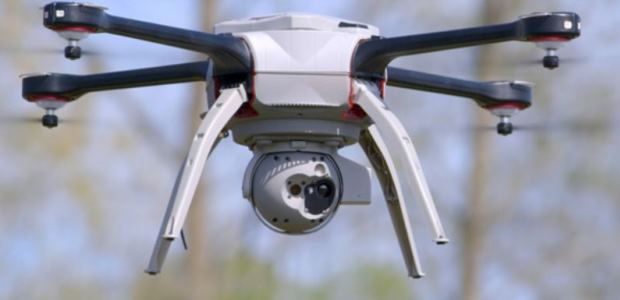
FAA Approves Four Companies' Use of Commercial Drones
Trimble Navigation Limited, VDOS Global, LLC, Clayco, Inc. and Woolpert, Inc. are the latest recipients of exemptions from the agency, which previously granted them to seven film and video production companies.
The Federal Aviation Administration has granted five more exemptions for unmanned aircraft systems operations to four companies that want to fly drones for aerial surveying, construction site monitoring, and oil rig flare stack inspections. Trimble Navigation Limited, VDOS Global, LLC, Clayco, Inc. and Woolpert, Inc. are the latest recipients of exemptions from the agency, which previously granted them to seven film and video production companies.
As of Dec. 10, FAA had received 167 requests for exemptions from commercial entities.
"Unmanned aircraft offer a tremendous opportunity to spur innovation and economic activity by enabling many businesses to develop better products and services for their customers and the American public," said Transportation Secretary Anthony Foxx. "We want to foster commercial uses of this exciting technology while taking a responsible approach to the safety of America's airspace."
According to FAA, Foxx found that the drones in these proposed operations do not need an FAA-issued certificate of airworthiness because they do not pose a threat to national airspace users or national security. Those findings are permitted under Section 333 of the FAA Modernization and Reform Act of 2012. "The firms also asked the FAA to grant exemptions from regulations that address general flight rules, pilot certificate requirements, manuals, maintenance and equipment mandates. In their petitions, the firms said they will operate UAS weighing less than 55 pounds and keep the UAS within line of sight at all times," FAA's news release stated. "In granting the exemptions, the FAA considered the operating environments and required certain conditions and limitations to assure the safe operation of these UAS in the National Airspace System. The agency also will issue Certificates of Waiver or Authorization (COAs) that mandate flight rules and timely reports of any accident or incidents."
"The FAA's first priority is the safety of our nation's aviation system," said FAA Administrator Michael Huerta. "Today's exemptions are a step toward integrating UAS operations safely."